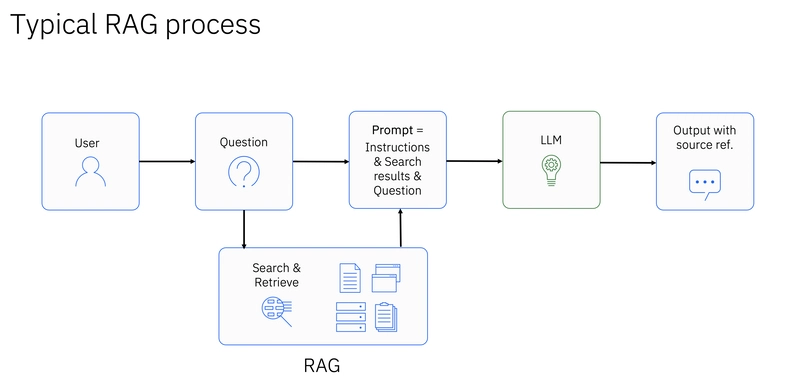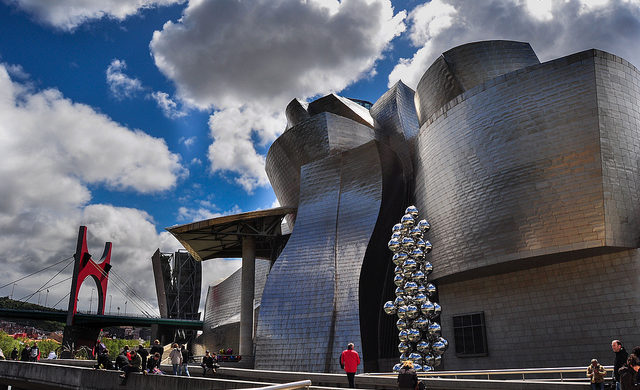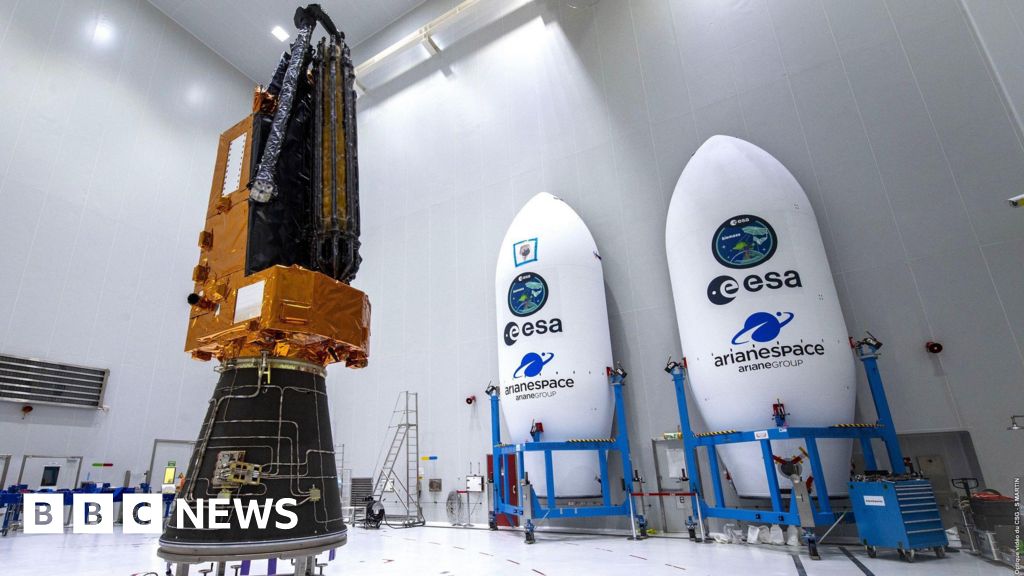How Trump chipped away at abortion access in his first 100 days
President Trump steadily chipped away at abortion access during the first 100 days of his second term. Trump campaigned on leaving abortion decisions to the states, and has so far made no push to outlaw the procedure on a national level. But since he returned to office in January, he and his administration have taken...

President Trump steadily chipped away at abortion access during the first 100 days of his second term.
Trump campaigned on leaving abortion decisions to the states, and has so far made no push to outlaw the procedure on a national level. But since he returned to office in January, he and his administration have taken steps to support anti-abortion activists and restrict access to abortion care not only in the United States, but around the world.
Here are four moves the Trump administration has made on abortion so far in the president's second term.
Pardoned anti-abortion activists
Three days after returning to the White House, Trump signed an executive order pardoning 23 anti-abortion protesters, some of whom were convicted of violating a federal law meant to protect abortion clinics from obstruction and threats.
The law, the Freedom of Access to Clinic Entrances Act, was passed in 1994 when crimes against abortion providers were on the rise.
“They should not have been prosecuted. Many of them are elderly people,” Trump told reporters while signing the order. “This is a great honor to sign this.”
Trump’s pardons included a group of protesters convicted of forcing their way into an abortion clinic in the Washington, D.C., area and blockading the entrance in 2020. Protesters livestreamed the blockade on social media for several hours before they were arrested.
Abortion clinics have expressed concern that the pardons will spark an uptick in protests and threats of violence towards patients and workers.
Reinstated the Mexico City Policy
In late January, the president reinstated a controversial policy that bars U.S. foreign aid recipients from discussing abortion.
The Mexico City Policy, introduced during the second Reagan administration, has been rescinded by every Democratic president and subsequently reinstated by every Republican president since then. Trump previously restored the policy four days into his first term, and former President Biden rescinded it a week into his own four years later.
Supporters of the policy argue that it prevents American taxpayer money from being spent on abortions overseas.
But opponents of the policy, who refer to it as the “global gag rule” due to the restrictions it places on what reproductive health providers can talk about with patients, say there is already legislation in place that prevents this from happening. They contend that Trump reinstating the policy will weaken access to abortion care across the globe.
Dismissed high-profile Idaho emergency abortion case
In March, the Trump administration dropped a lawsuit filed by the Biden-era Justice Department that sought to protect the right to an emergency abortion in Idaho, where the procedure is severely restricted.
After the 2022 overturning of Roe v. Wade, an Idaho “trigger ban” on abortion went into effect that made performing or assisting in an abortion a crime punishable by up to five years in prison.
The Biden administration then sued the state, arguing the ban made it impossible for emergency room doctors to provide emergency abortions to patients under their care and violated a federal law called the Emergency Medical Treatment and Labor Act.
Under the law, hospitals are required to provide immediate and life-saving stabilizing treatment for patients with emergency medical conditions.
Last year, the Supreme Court returned the case to a lower court, which temporarily paused Idaho’s abortion ban.
But by dropping the case, the Trump administration paved the way for the state’s abortion ban to be reinstated.
Abortion rights advocates said the administration's decision put the lives of pregnant women at risk.
Meanwhile, some anti-abortion groups praised the Justice Department for dropping the case.
Pulled Title X funding
The Trump administration earlier this year froze millions of dollars of federal funding intended to enable Americans to access birth control, cancer screenings and reproductive health care.
The funding had been allocated under Title X, the U.S.’s only federal program solely aimed at providing affordable birth control and reproductive health care to low-income Americans. The program has been around since the 1970s and supported 4,000 clinics serving close to 2.8 million people in 2023 alone, according to the health advocacy nonprofit KFF.
At least nine Planned Parenthood affiliates received notices about the program’s funding being withheld beginning April 1.
The first Trump administration similarly restricted Title X funding, issuing a rule in 2019 that barred reproductive health providers from receiving funds under the program if they mentioned abortion or referred patients for abortions.
Planned Parenthood left the program because of the rule and reentered in 2021 after the Biden administration reversed it.
While freezing funds to some recipients, the president's second administration has also restored some Title X funding to two state health programs that were kicked out of the program under Biden for failing to comply with some of its rules.














































































